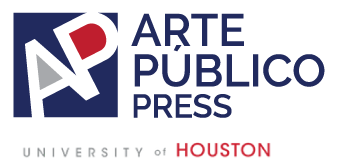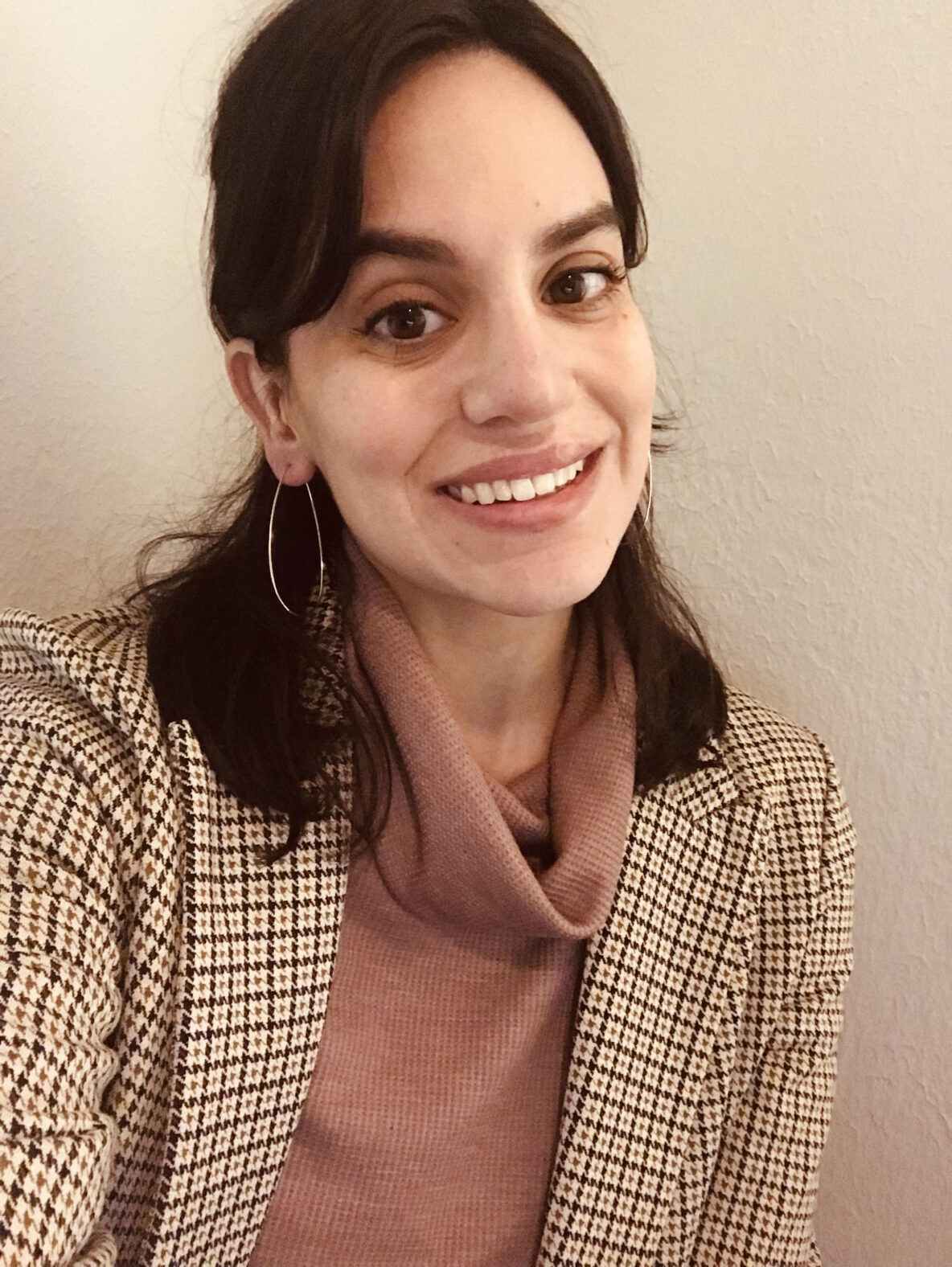University of Houston alumna, Mikaela Selley, joins Recovering the US Hispanic Literary Heritage (Recovery) Program/Arte Público Press as Program Manager for Periodicals in the US-Mexico Border Region. She will work closely with Recovery’s Director of Research, Dr. Carolina Villarroel, to oversee the digitization and metadata efforts for historical periodicals. This includes scanning, organizing, cataloging and describing archival records.
Selley has eight years of professional experience as an archivist with hands-on expertise in the preservation, documentation and digitization of historical manuscripts and photographs significant to Houston’s Hispanic and Latino heritage. Additionally, she has worked in all stages of curatorial planning, design and execution of history exhibits. Selley brings knowledge of heritage preservation, a creative eye for engaging displays and a personal devotion to Houston’s Hispanic and Latina/o culture. She previously served as the Hispanic Collections Archivist at the Houston Public Library’s Houston Metropolitan Research Center (HMRC).
Periodicals in the US-Mexico Border Region is supported by the Council on Library Information Resources (CLIR) Digitizing Hidden Special Collections and Archives awards program, which is generously funded by The Andrew W. Mellon Foundation. The Digitizing Hidden Collections program, successor to the Cataloging Hidden Special Collections and Archives program, supports the creation of digital collections that contribute to broad representation and a more complete understanding of history.
UH’s Recovery Program will digitize, create metadata and a public-facing collection of 200 Spanish-language (a few in English) periodicals (some 200,000 pages) published along the US-Mexico border from 1850 to 1956. Recovery’s US Latino Digital Humanities Center (USLDH) will provide support for this digital archive. From Brownsville, Texas to San Diego, California, and the northern Mexican states of Coahuila and Tamaulipas, most of the periodicals have never been accessible to scholars and most comprise the only extant copies. The newspapers are important especially for scholars interested in border studies, international relations, political science, history, literature, Mexican American/Latino Studies and feminist studies.
To learn more about the US Latino Digital Humanities Center (USLDH), please visit: https://artepublicopress.com/digital-humanities/
To learn more about the Recovering the US Hispanic Literary Heritage Program, please visit: https://artepublicopress.com/recovery-program/





